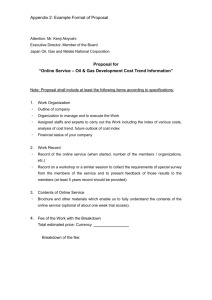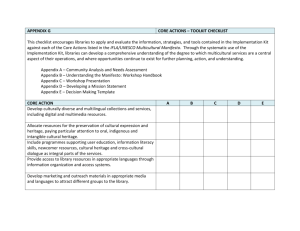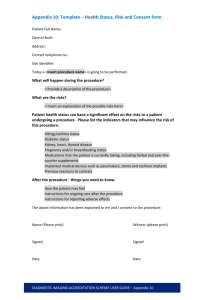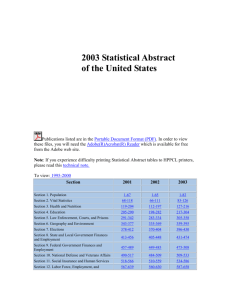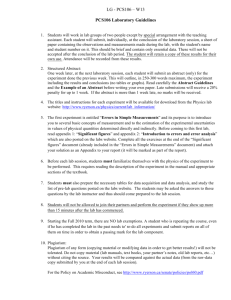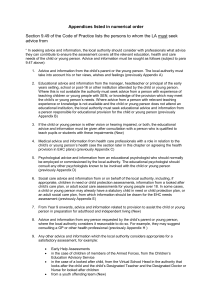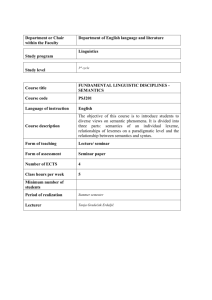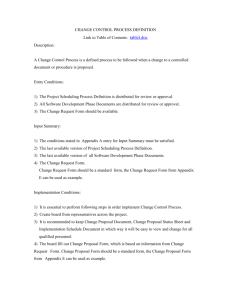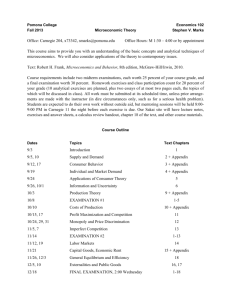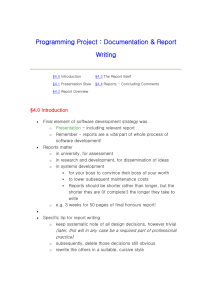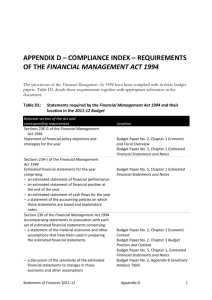Please Read Me - The Institute of General Semantics
advertisement
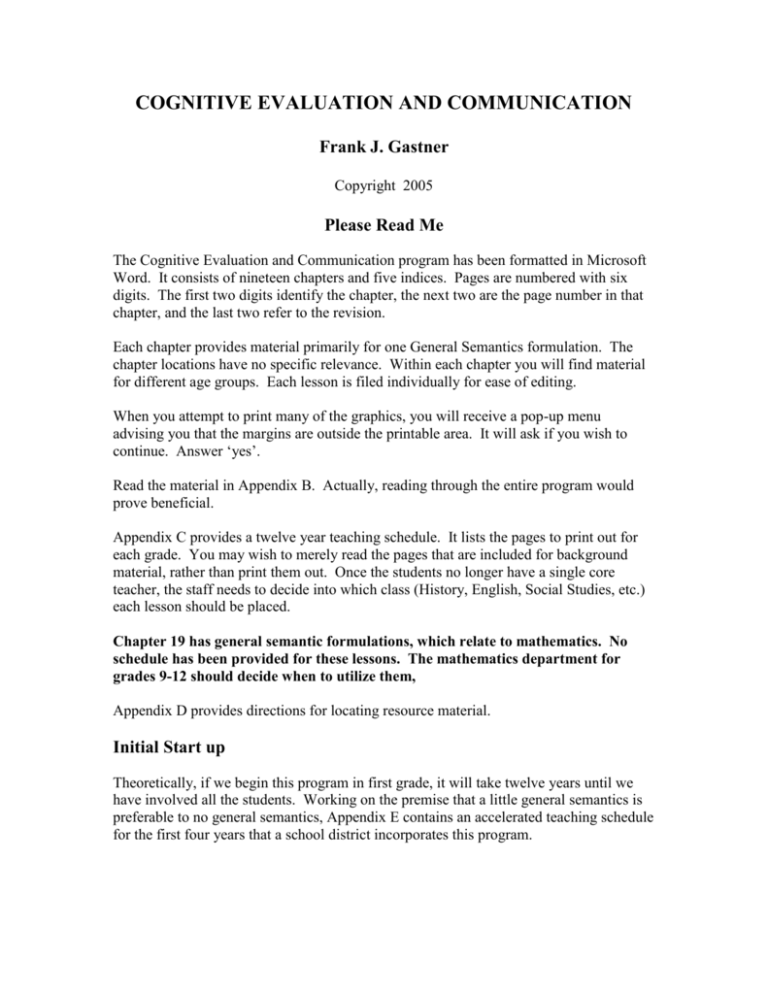
COGNITIVE EVALUATION AND COMMUNICATION Frank J. Gastner Copyright 2005 Please Read Me The Cognitive Evaluation and Communication program has been formatted in Microsoft Word. It consists of nineteen chapters and five indices. Pages are numbered with six digits. The first two digits identify the chapter, the next two are the page number in that chapter, and the last two refer to the revision. Each chapter provides material primarily for one General Semantics formulation. The chapter locations have no specific relevance. Within each chapter you will find material for different age groups. Each lesson is filed individually for ease of editing. When you attempt to print many of the graphics, you will receive a pop-up menu advising you that the margins are outside the printable area. It will ask if you wish to continue. Answer ‘yes’. Read the material in Appendix B. Actually, reading through the entire program would prove beneficial. Appendix C provides a twelve year teaching schedule. It lists the pages to print out for each grade. You may wish to merely read the pages that are included for background material, rather than print them out. Once the students no longer have a single core teacher, the staff needs to decide into which class (History, English, Social Studies, etc.) each lesson should be placed. Chapter 19 has general semantic formulations, which relate to mathematics. No schedule has been provided for these lessons. The mathematics department for grades 9-12 should decide when to utilize them, Appendix D provides directions for locating resource material. Initial Start up Theoretically, if we begin this program in first grade, it will take twelve years until we have involved all the students. Working on the premise that a little general semantics is preferable to no general semantics, Appendix E contains an accelerated teaching schedule for the first four years that a school district incorporates this program.
